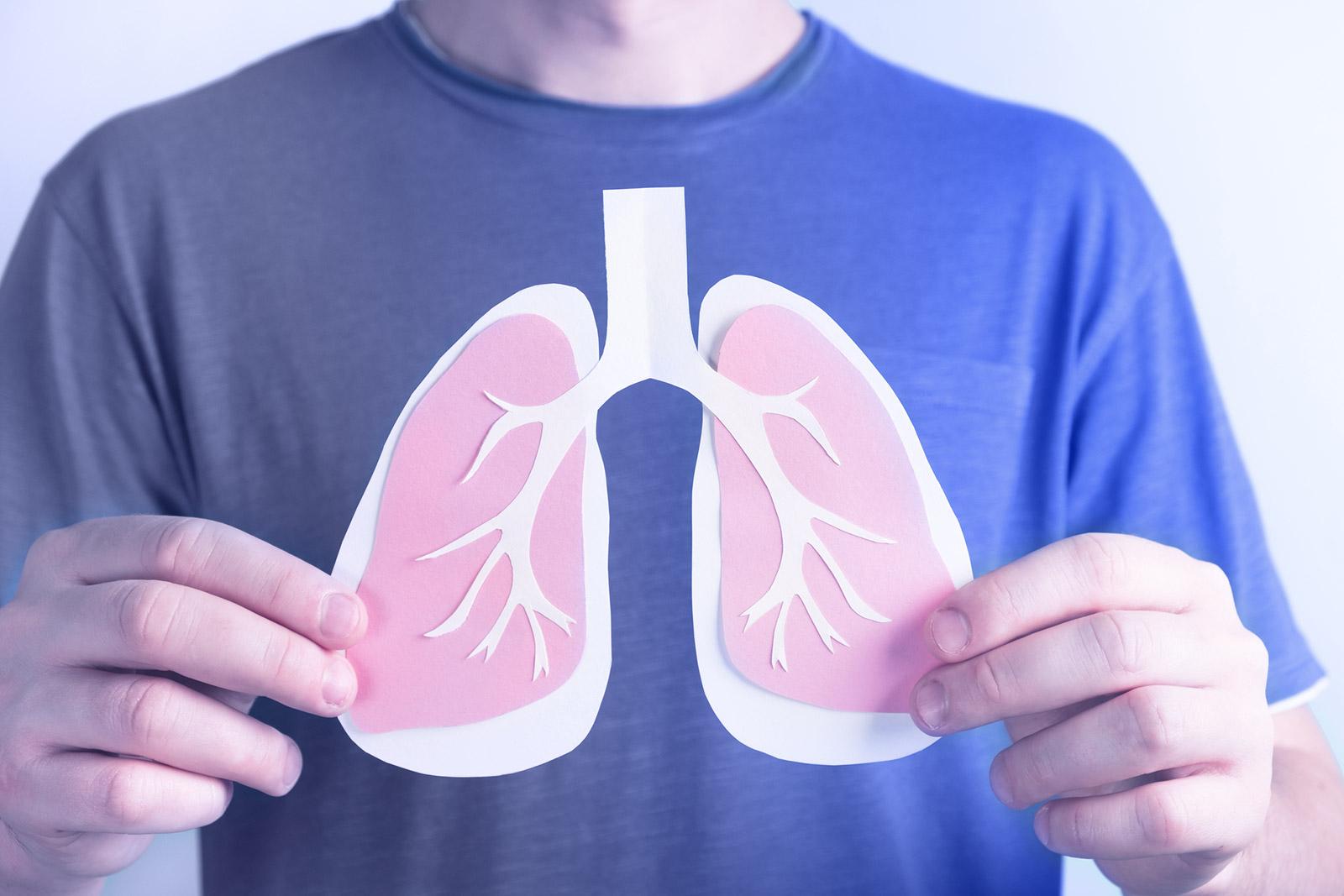
Tórax y pulmones: artículos y consejos
Cáncer de pulmón
Artículos sobre salud respiratoria, afecciones respiratorias y tratamiento de problemas pulmonares. Para una consulta fiable, consulte nuestros Folletos de información al paciente sobre salud torácica y pulmonar.
Cáncer de pulmón
La tos persistente o la disnea pueden ser signos precoces de cáncer de pulmón. Descubra las causas, cómo se diagnostica y los tratamientos que pueden ayudarle.
Asma
Las sibilancias, la tos y la falta de aire pueden ser síntomas de asma. Descubre sus causas, cómo se diagnostica y los tratamientos que te ayudarán a respirar mejor.
- Efectos de la contaminación atmosférica en los asmáticos
- Cómo afrontar el asma en verano
- Cómo tratar el asma durante los meses de invierno
- Contaminación atmosférica y asma: cómo protegerse este verano
- Qué hacer en caso de crisis asmática
- ¿Qué es el asma grave y cómo saber si se padece?
- ¿Cuáles son las principales causas del asma y de las crisis asmáticas?
- ¿Cómo se controla y trata el asma?
- ¿Cuáles son los distintos tipos de inhaladores para el asma?
- ¿Qué es el asma eosinofílica y en qué se diferencia?
- Las muertes por asma en Inglaterra y Gales son las más altas en una década
- La contaminación atmosférica, responsable de un tercio de los nuevos casos de asma en Europa
- Errores comunes que hay que evitar con los inhaladores para el asma
- ¿Qué ocurre durante una crisis asmática?
- ¿Se puede "superar" realmente el asma?
- ¿Son malos para la salud los productos de limpieza?
- Cómo cuidar el asma de su hijo este verano
- Por qué tu perfume favorito puede desencadenar un ataque de asma
- ¿Cómo funcionan los inhaladores?
- ¿Cuáles son las mejores formas de ejercicio si se padece asma?
- Diario de flujo máximo
Dificultades respiratorias
¿Le cuesta recuperar el aliento? Los problemas respiratorios pueden tener muchas causas. Sepa cuándo se trata de una urgencia y qué tratamientos hay disponibles para ayudarle.
Infecciones torácicas y pulmonares
Las infecciones torácicas pueden dificultar la respiración y causar enfermedades graves. Averigüe cómo reconocer los síntomas y qué tratamientos pueden acelerar la recuperación.
Dolor torácico
El dolor torácico puede ser preocupante. Aprende a diferenciar entre una distensión muscular y causas graves como afecciones cardíacas o pulmonares que requieren atención urgente.
EPOC
La EPOC dificulta la respiración con el paso del tiempo. Averigüe qué la causa, cómo se diagnostica y los tratamientos que pueden ayudar a controlar los síntomas y mejorar la calidad de vida.
Cough and cold
Una tos que no desaparece puede ser irritante o un signo de algo más grave. Infórmese sobre las causas más frecuentes y cuándo debe acudir al médico.
- ¿Es tos ferina o sólo un resfriado?
- Cuándo preocuparse por una tos persistente
- Qué comer cuando estás resfriado
- ¿Pueden las pastillas de zinc proteger contra la tos, los resfriados, la gripe y el COVID-19?
- Tos, resfriados y dolores de garganta: ¿es mejor la miel que los tratamientos sin receta?
- Cómo dejar de toser por la noche
- ¿Hay que ir a trabajar cuando se está resfriado?
- ¿La tos es realmente una infección torácica?
- Cómo evitar resfriarse en el transporte público
Lung health
Desde afecciones de larga duración a infecciones repentinas, los problemas torácicos y pulmonares pueden afectar a cualquiera. Conozca sus causas y cómo tratarlos eficazmente.
- ¿Por qué la contaminación atmosférica es tan peligrosa para los pulmones?
- 7 hábitos cotidianos para mejorar su salud pulmonar
- Vídeos sobre tórax y pulmones
- ¿Cuáles son los riesgos de un trasplante de pulmón?
- Cómo puede ayudar la fisioterapia a las personas con afecciones pulmonares
- La contaminación pulmonar en las grandes ciudades es tan mala como fumar 20 cigarrillos al día
- Cómo mantener los pulmones sanos de por vida
- El sistema respiratorio